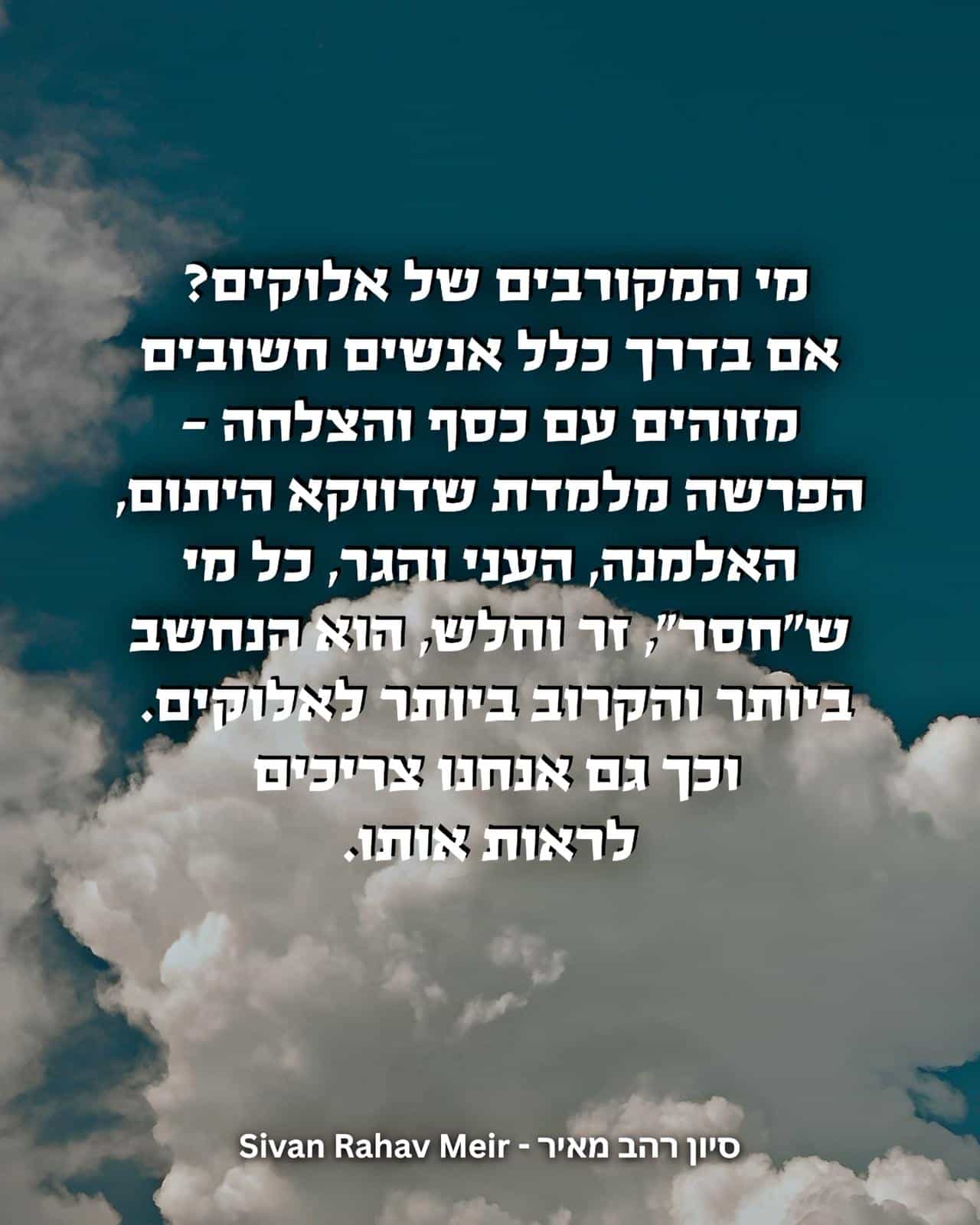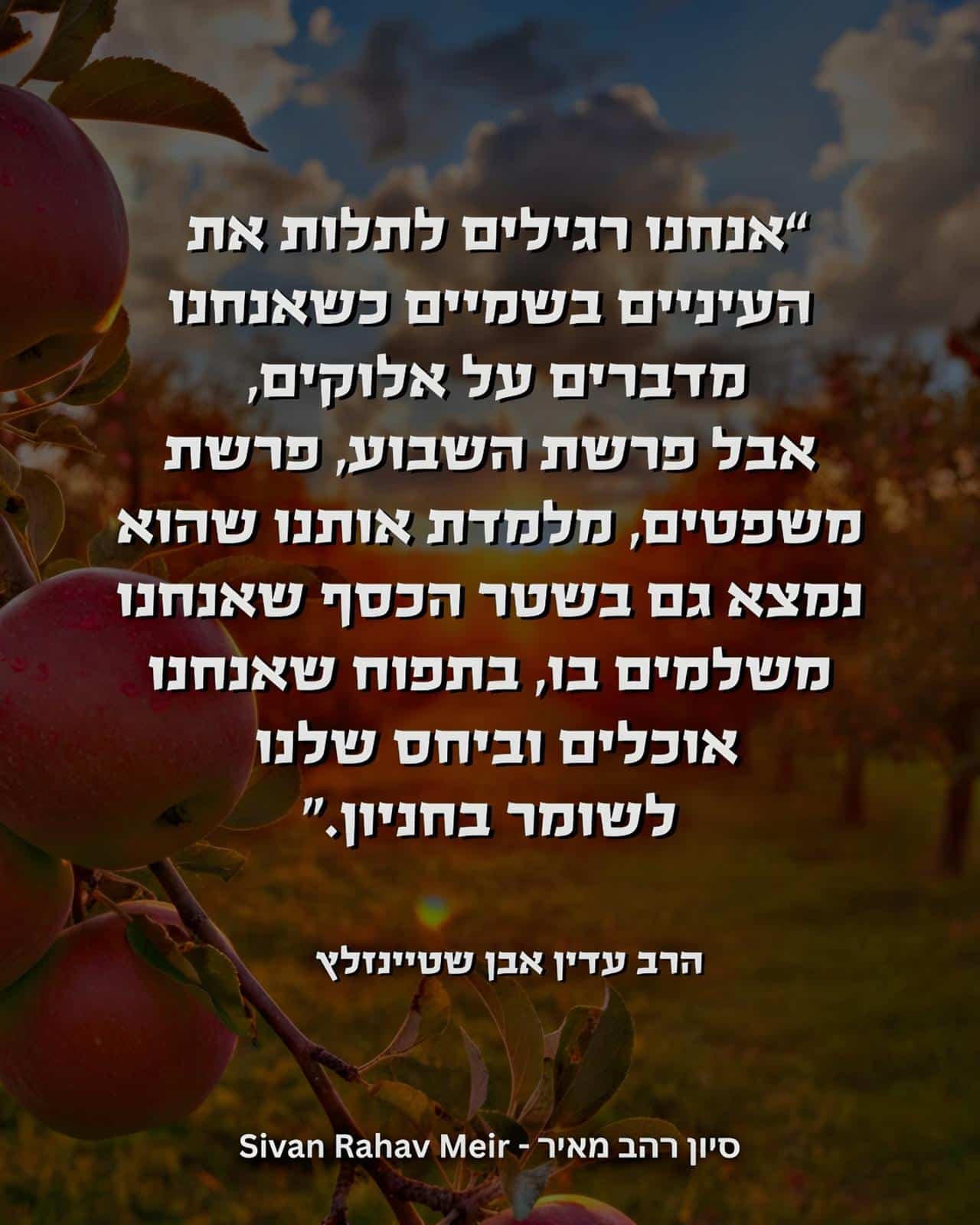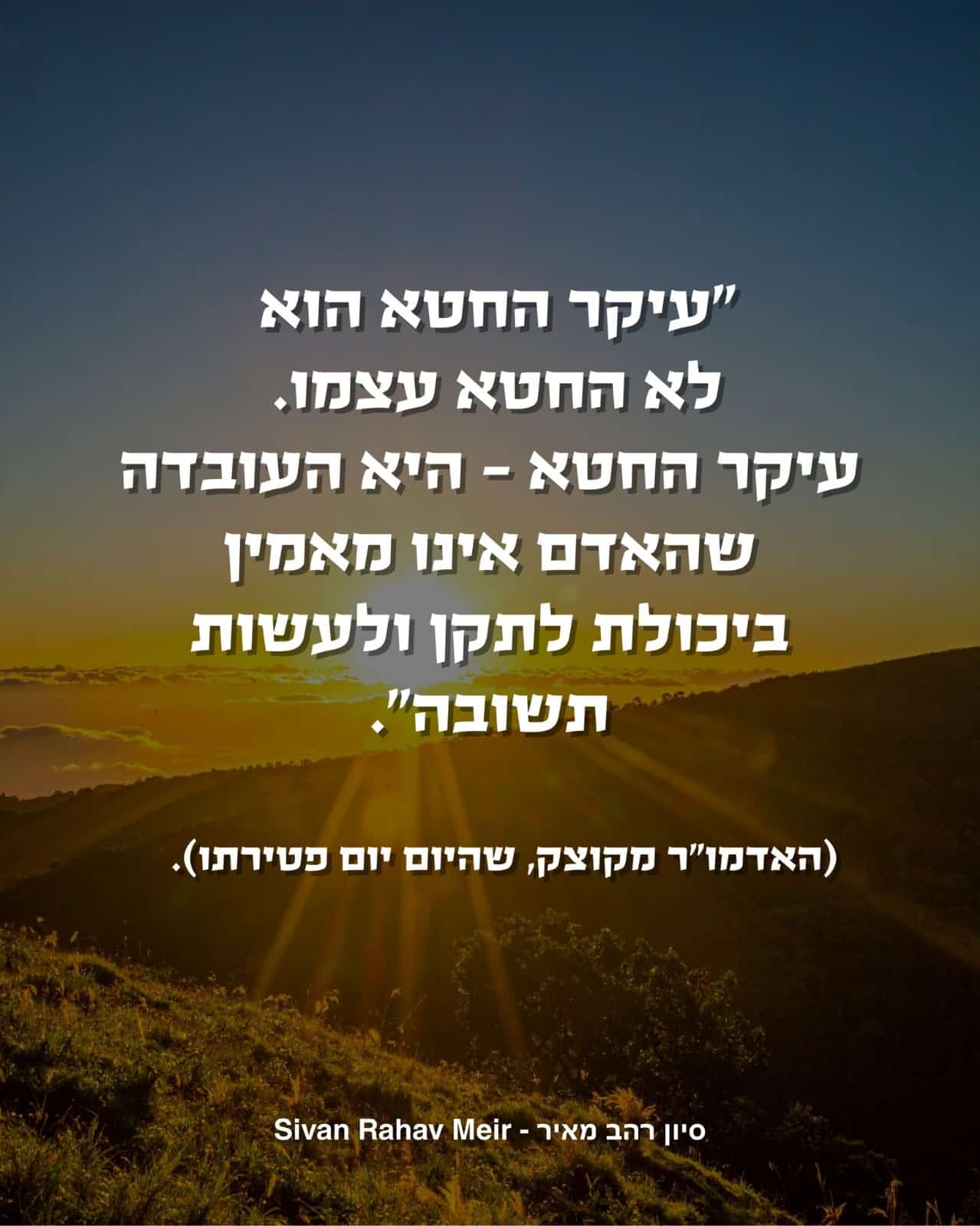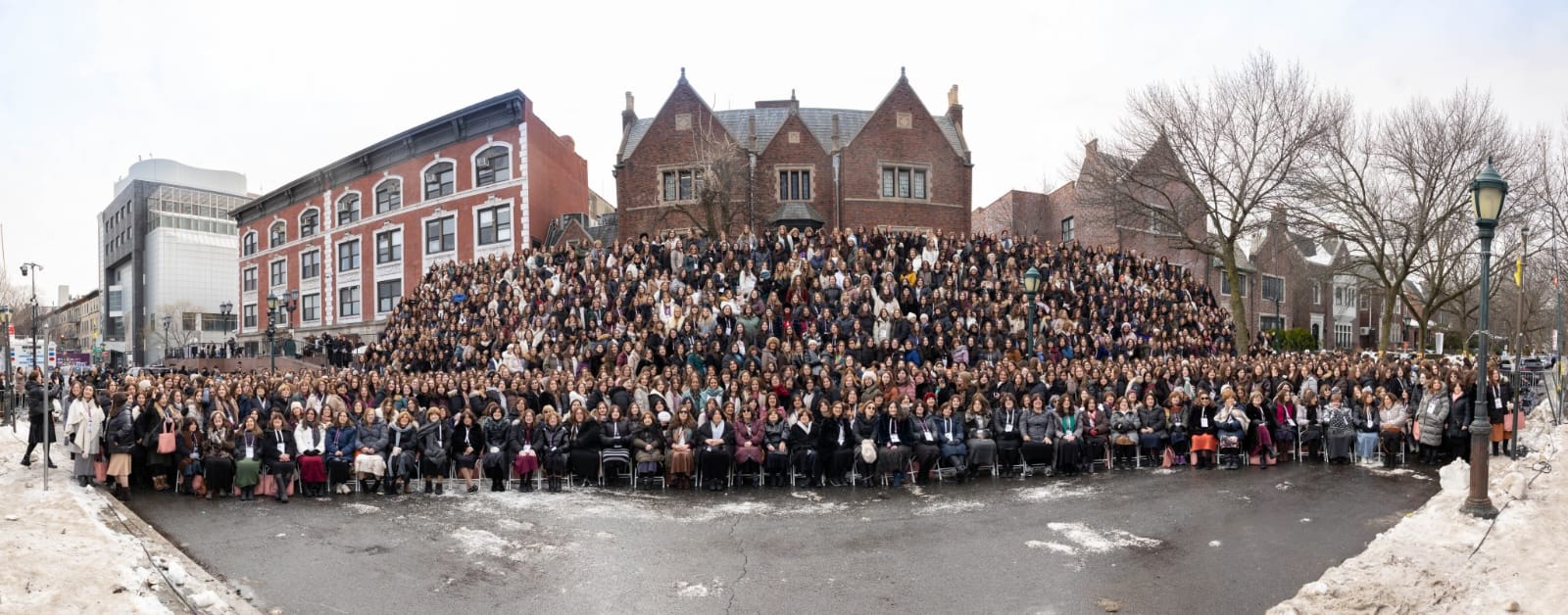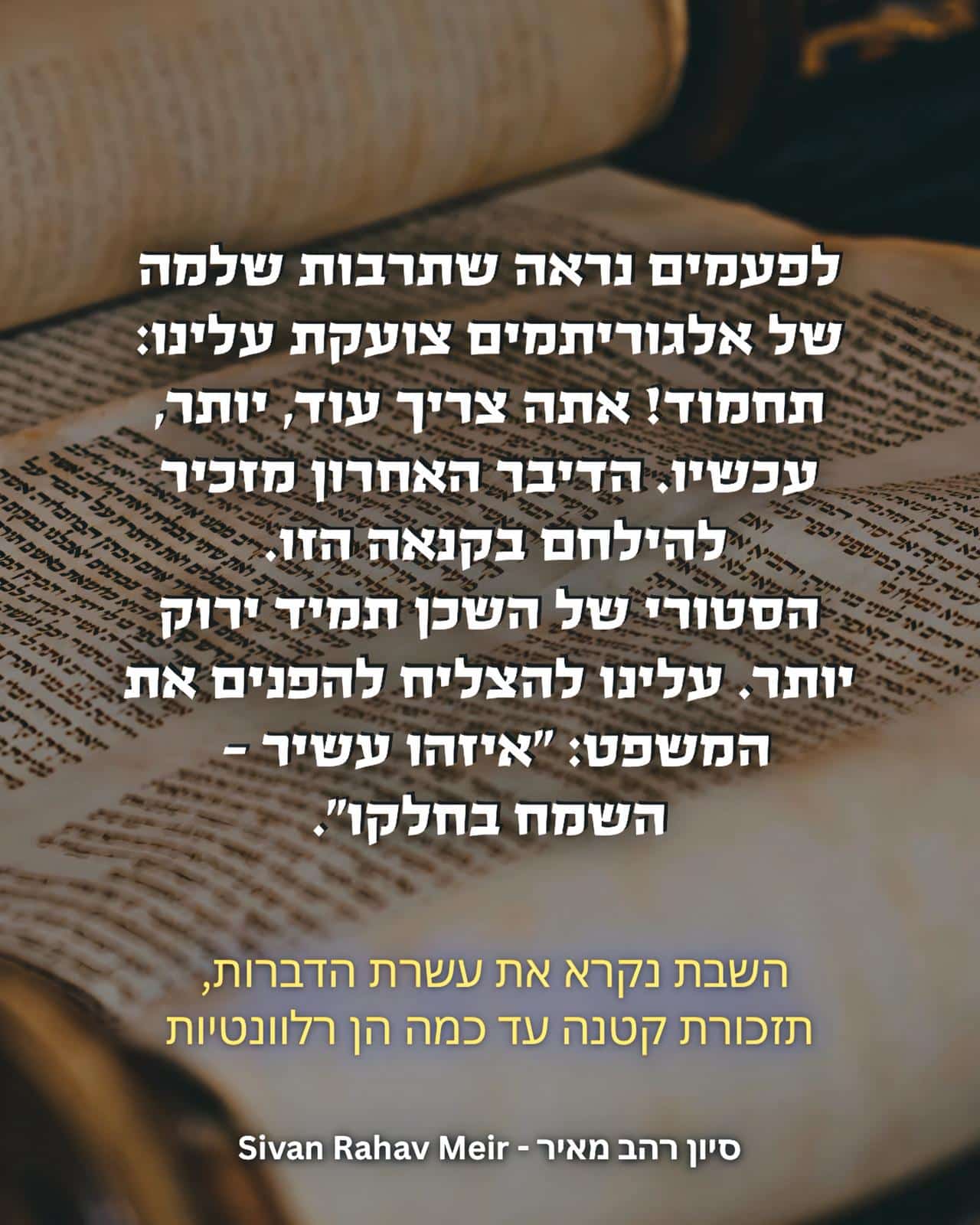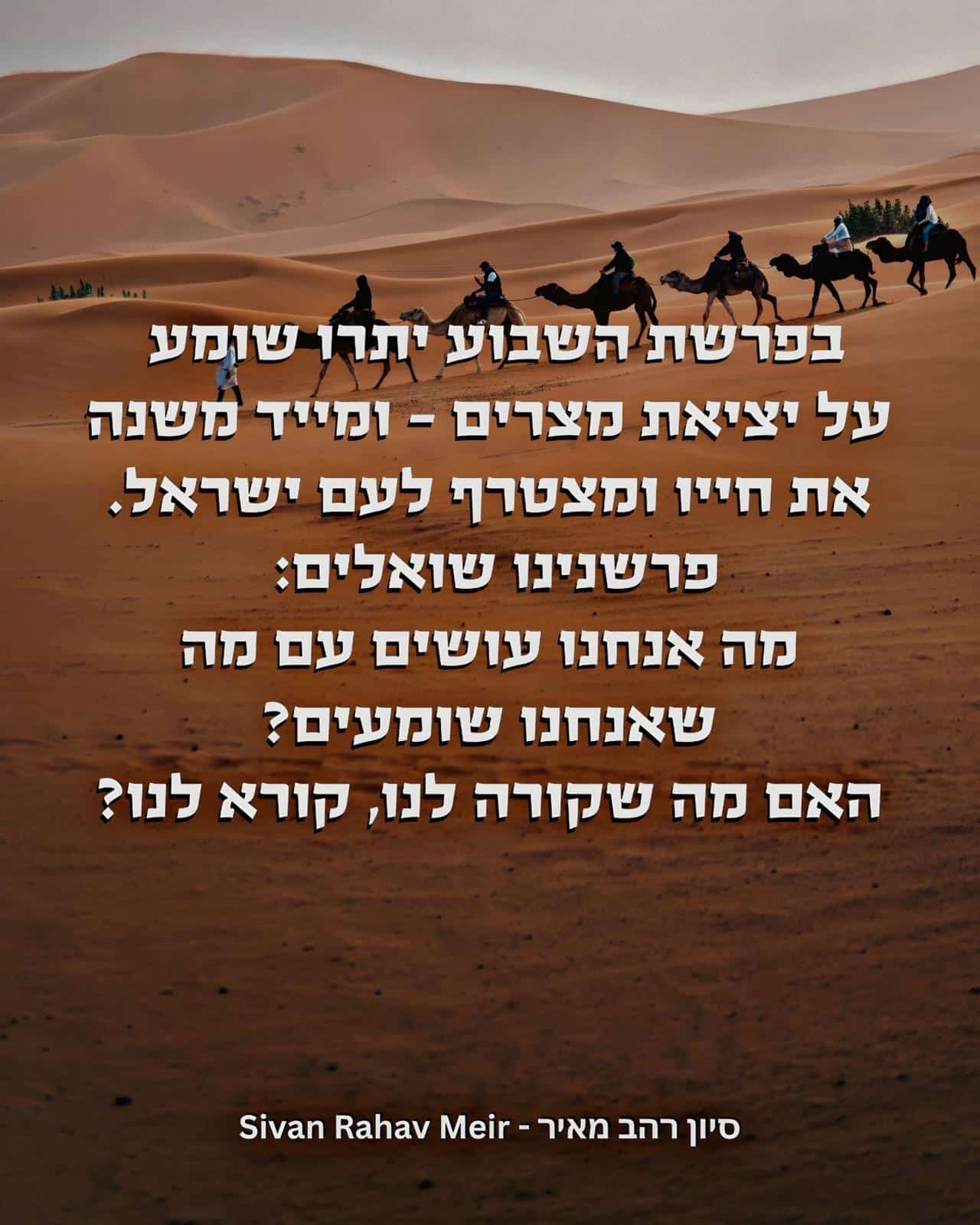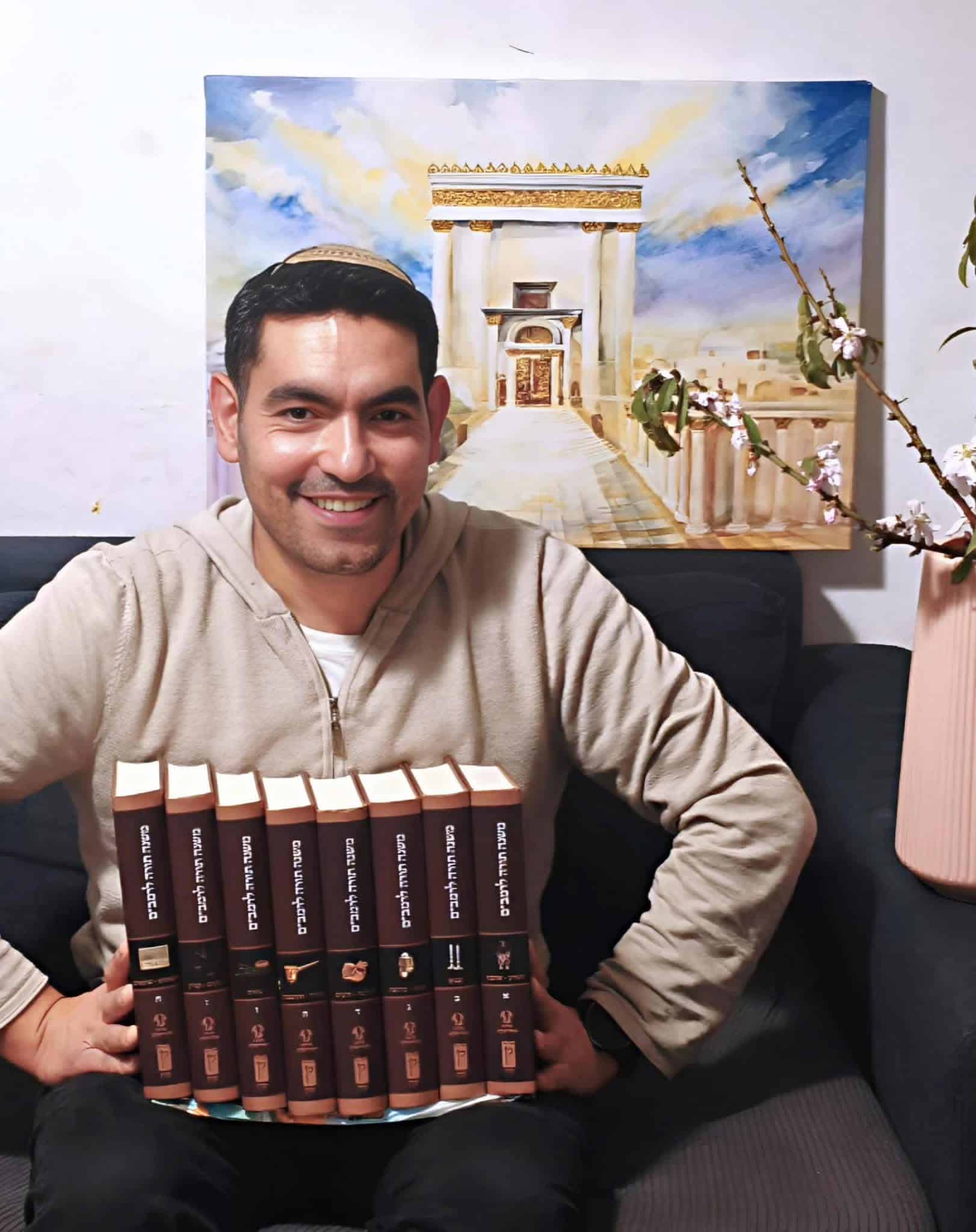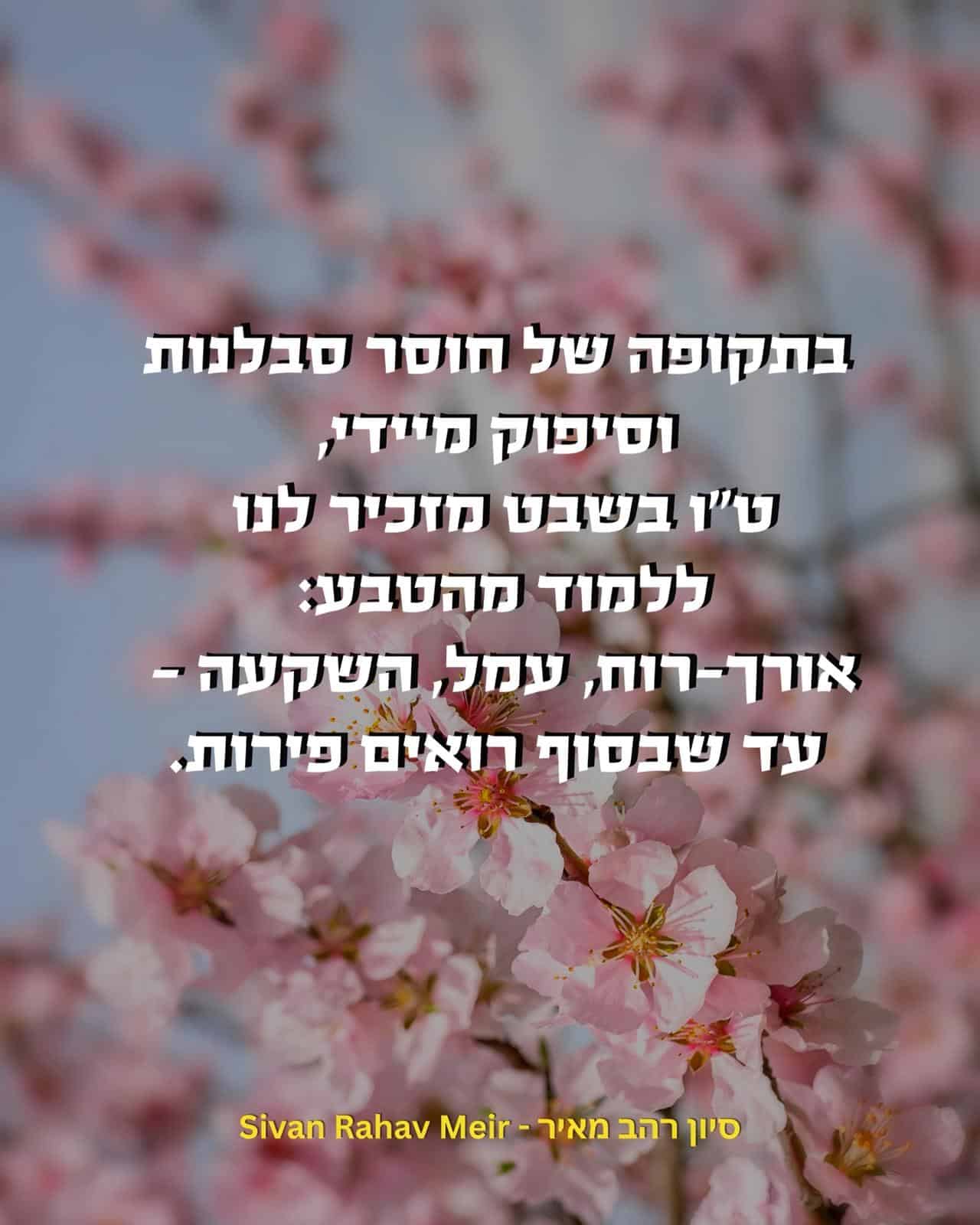* Translation by Yehoshua Siskin
1. Today, the 13th of Adar, we observe Ta'anit Esther. This fast day commemorates the fast of Esther and of the entire Jewish nation in the days of Haman's decree to destroy the Jews. Esther did not act alone, but rather brought the entire nation together with her when she told Mordechai: "Go, assemble all the Jews." From then until today, we demonstrate strength in numbers when we band together to resist harsh degrees and overcome dire circumstances. In the evening after the fast, the holiday of Purim begins. There are four Purim mitzvot, as follows:
2. MIshloach manot. Each individual is obligated to send two different foods to at least one other person. The foods can be sent to friends and neighbors, yet It is also desirable, of course, to look for new immigrants, the elderly, and other people in your neighborhood who may not be receiving many mishloach manot.
3. Gifts for the needy. The Rambam writes that this is the principle mitzvah of Purim. We are obligated to give tzedakah to at least two poor people. Each person will receive a sum of money (which may be contributed through a charitable organization) that will suffice for a generous portion of food. The joy of Achashverosh in the Megillah is expressed in showing off his riches, profligacy, and a display of his palace grandeur. The joy of Purim is of an opposite kind - joy that comes from giving to others and helping those in need.
4. Purim feast. In the course of Purim day, we eat a festive meal with meat and wine. The excessive alcohol at the feast of Achashverosh, as told in the Megillah, had many negative consequences. Although there is drinking on Purim, we are talking here, too, about a different kind of joy; drinking that does not lead to tumult and violence. On Purim, it becomes clear that wine can bring out authentic joy and goodness from within us.
5. Reading Megillat Esther. We read the Megillah twice, once in the evening and once during the coming day (in Jerusalem, we begin reading tomorrow evening). The repeat reading of the Megillah underscores the fact that the story of our people involves periods of darkness and gloom as well as periods of light and optimism. Just as reality can change suddenly for the bad (with Haman's decree to destroy the Jews, with the outbreak of the coronavirus pandemic, or with eruption of the present war in Europe), so too reality can surprisingly change, within one brief moment, for the good. Suddenly our sorrows disappear: "The Jews had light and joy, and gladness and honor." Not only in the days of the Megillah but also - if only - in our days too.
Happy Purim!
To receive Sivan Rahav-Meir's daily WhatsApp: http://tiny.cc/DailyPortion


